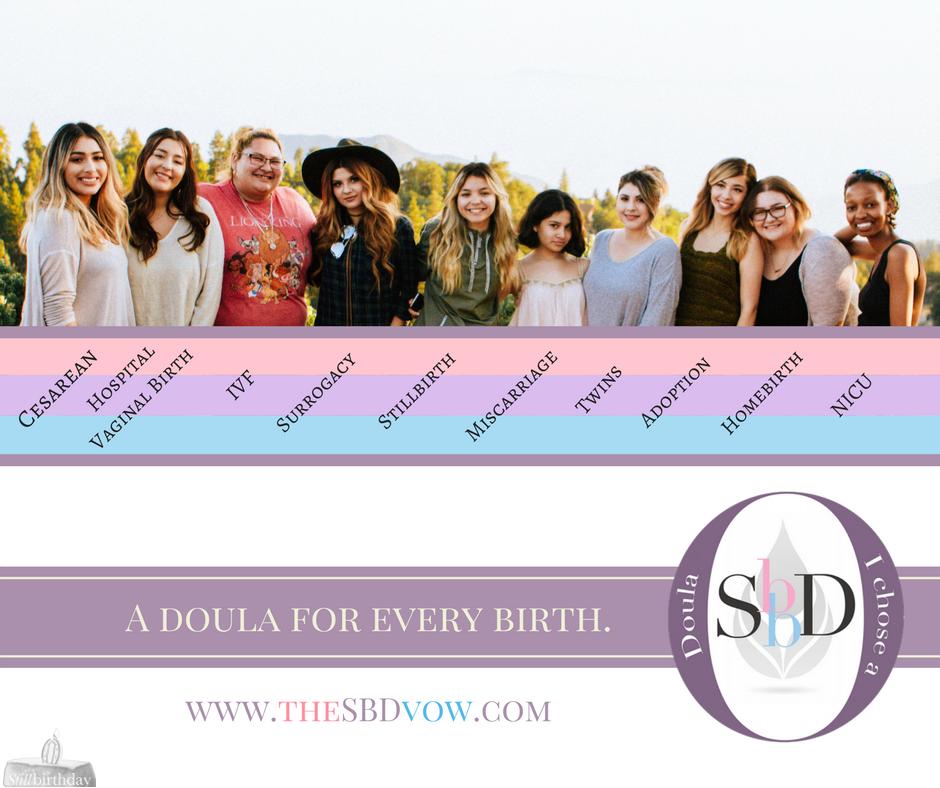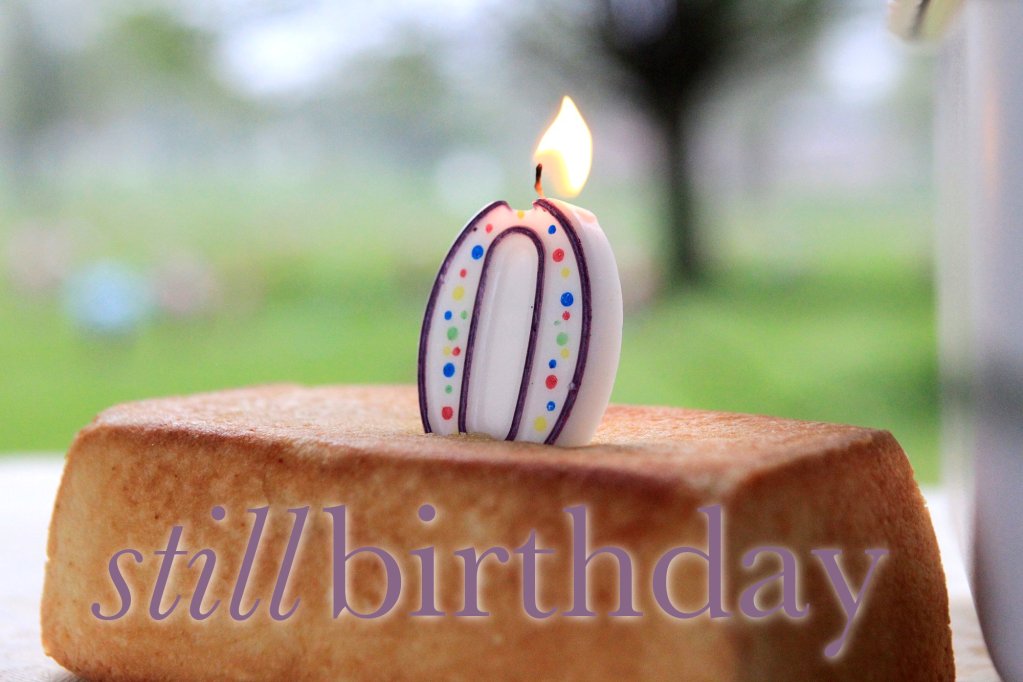Whether your experience was some time ago or has been more recent, I first, extend to you my heart, and tell you that I am so very sorry for the loss you may have experienced, that has brought with it, the desire to bring comfort to others.
Your desire to bring comfort and healing to the hurting is an important one. I’d like to take a very transparent moment, to help you embark on this journey.
What I believe to be the most important thing to know, is that there will be feelings – surprising feelings – that you may be faced with, on your journey.
Even when I tell you what some of these are, they still may come unexpectedly. And they may rock you to the core.
Jealousy.
You yearn for bereavement to be recognized. You yearn for the hurting to receive support. So when another leader is recognized, why is it that your thrill is also met with a sinking feeling in the pit of your stomach?
Navigating it:
Remembering to appreciate those who have been on this rugged journey a bit longer, is so important. Your feelings – they’ve had them too. There will be another bereaved mother after you, and she, like you, will have a heart to use her heartache for good. She too will see you being recognized before and instead of her. We are all in this together, and we all bring something valuable. Your grace and appreciation toward those who are recognized is just as important as anything else you bring to the work of healing.
Rejection.
Following close behind jealousy, disappointment may follow. Disappointment that ties oh so closely with a sense of rejection. You know that a great way to get your organization noticed is to apply for opportunities. So when the rejection notices fill your inbox, why does it sting? You feel that your loved ones should give their attention to what you’ve experienced and what you’re doing. So when your hopeful expectation is met only with silence, feeling alone, feeling overlooked, feeling forgotten can burden your heart and leave you feeling heavily weary, feeling ashamed, feeling angry.
Navigating it:
Remembering that whomever reviewed your application still viewed your work, that your application in-and-of-itself drew attention, is helpful. That person may remember you – and when it’s needed most.
Remembering that articulating not only what you are asking of your loved ones, but the importance you place on their response, and why, can be helpful for them to understand, and can be helpful as they prepare their response to you. Remembering that support resources for bereaved are also available for you, is also important.
Anger.
Seeing people misusing bereavement support. Seeing people steal keepsakes. Seeing people steal work.
Navigating it:
Remembering to plan ahead is so important. How will you protect the families you serve? How will you handle returns, exchanges, complaints and other needs? Having structure, having flexibility, and having integrity are important.
Abandonment.
“Loss Leaders” are generally bereaved, or have a very deep connection to the bereaved. Once you step out as a leader – someone who provides a product or service to the bereaved, it can seem to quickly be forgotten that you are also bereaved. It may seem as though people forget to talk as nicely to you. Complaints about your product or service can seem to be directly related to the value of your deceased child or the worth of your grief.
Feeling trapped with your feelings, afraid of having nowhere safe to go to unpack them. Fear that mourning will be looked at negatively, that observations will be construed as complaining, fear that showing too much emotion might be construed as a sign that your services are poor or that you’re being manipulative. Feeling that showing too little emotion is contributing to others’ forgetting to recognize your grief, or making you less credible or less able to relate and to support.
Navigating it:
Remembering that you now wear two hats is important for your own emotional health. Establishing support resources for yourself not affiliated with your customers or those you serve can be so important. Taking up hobbies, enjoyable pastimes, or engaging in spiritually or emotionally nurturing rituals, traditions and activities can be helpful. Finding the balance between transparently revealing your weaknesses, while also sharing how you’ve grown, and learning to offer these genuinely without condition, is something that takes a great deal of maturity, honesty and grace.
Competition.
It can be upsetting to see people choosing a different keepsake seller than you, even if your products are similar. Professional competition can seem unnerving and seem, again, to undermine the value of your loss and the worth of your grief. Do you badmouth the competition, lie about them, give up your work because they seem to be more successful? Having a healthy action plan that affirms your own personal worth regardless of business success is important.
Competition can also reveal itself in other, perhaps more subtle ways.
How do your loved ones support your efforts of bringing comfort and healing to the hurting? When you have a “bad day” – when you are feeling particularly sensitive or hurt, can you share your feelings honestly with your loved ones, without fear that they will tell you to “just close shop”? Do you feel that you are having to bottle your feelings, having to pretend you are happier than you are?
When you evaluate your emotional needs, do you believe that they have become greater since becoming a leader? Do you believe that you have more grief, because you endure these challenges listed here?
Your emotional needs are not greater because you are serving others. Yes, I said that, and it can be painful to accept it. Your service may provide more frequent reminders of your emotional needs, but your grief journey is not more worthy because you are subject to these painful moments. You have challenges of bereavement (personal), and you have challenges of leadership (professionalism). The two can often seem indistinguishable and to magnify one another, and it takes great accountability and a great support system around you, to help differentiate the two and identify how the two may impact one another.
Navigating it:
It is important for you to nurture yourself in such a way that your emotional health does not become conditional upon the seeming success of your efforts to bring comfort to others. The process of removing this condition can take time and practice. It can take grit and sweat and tears and prayer. It can in fact, be the most difficult part of your journey.
Temptation.
You log onto Facebook. You see a page that talks about a subject that you can connect with your service or product. They have like, a billion likes! Surely they can benefit from knowing about you, so you kindly give them a little “link love”. You know what I’m talking about.
Then they send you that rejection. They deleted your link, they didn’t share it, they don’t seem interested. It’s hurtful because you know that community can genuinely benefit from what you bring.
Then you go to your own Facebook page. You see an unsolicited comment with a link to something that you think “I don’t know what that’s all about. I care about my readers, and I don’t want to be leading them to something I don’t know all about. Besides, they’ve got care here.” So you decide to delete their link, or not share it, or not address it.
The temptation to oversee your own hypocrisy can cause you to turn to deep disappointment toward communities who really should be sharing your work, and deep agitation toward those who fail to address you as an individual.
The temptation to forget your original objective – to help the hurting. As innocent as your work began, the feelings that can creep in can totally destroy it. The temptation to steal work. The temptation to lie. I’ve seen the most known and well appreciated “leaders” in bereavement support sink to dishonesty, and as a bereaved mother myself, it pains me to see their character damaged in that way.
The temptation to give up. The temptation to forget that any of the feelings explored on this page may probably happen to you.
Navigating it:
Remembering that you want to help, and remembering why you want to help, is important. Considering ways to collaborate. Evaluating, perhaps with support, those deeper feelings of insecurity, fear of rejection, and conditional placements on your perceived successes.
Remembering to have an action plan for your own marketing, having an idea in mind about what you would like to achieve, having an understanding that professional competition can be softened with your identifying others as individuals, all can be so valuable, to the success of your professional goals, but also to your emotional health.
We each bring something valuable. Whether your product or service seems to be a re-created wheel or is innovative and new, we each, simply by having an option, help those we are intending to help.
It is so difficult to give grace when you are the one who’s grieving. Remember that. Say it. Bookmark this page, and come back when you meet these feelings.
You need support. As a bereaved individual, you need support. As someone seeking to bring healing to others, you need support. Remember that, too.
If I can ask you to remember five things in your journey, it’s these:
- Be humble.
- Be flexible.
- Be patient.
- Be genuine.
- Be supported.
Being a “leader” is a very loose term, simply to mean that you have something to offer others. What you give to others is much more important in matter of worth than what you will ever receive in return.
CONNECT.
Here at stillbirthday, we seek to bridge that devastating chasm between the moment loss is discovered, to the time when support is provided.
And you can be a part of that.
If you have a little blog that shares your story, if you have a start up shop, if you have an announcement, I do want to know about it. You can use the “contact us” tab above, leave a comment below, or feel free to “spam” our Facebook page with your link.
If it’s offensive, if you’re asking for private information, for things like photos, for money, for something that directly replaces what we provide here at stillbirthday, for anything that I think might hurt me, or those who walk the journey of grief – my stillbirthday family – I may delete it. I don’t reshare anything, anywhere, of any stillbirthday family member, that can be pulled somewhere outside of the stillbirthday ability to remove it. If it’s anything else, it’ll stay, and if you have a question about that, you can ask it.
Stillbirthday is here for you, so that you can be there for others.
Finally, I want to thank you, for your courage to help the hurting.
To date, I’ve been providing love in bereavement for nearly two years – as a lightly seasoned “loss leader”, by my sharing these embarrassing, difficult but real truths with you, it is my hope that YOU may know, that YOU are not alone.
Related: Resolving to Get Involved
{photo source}












Leave a Comment